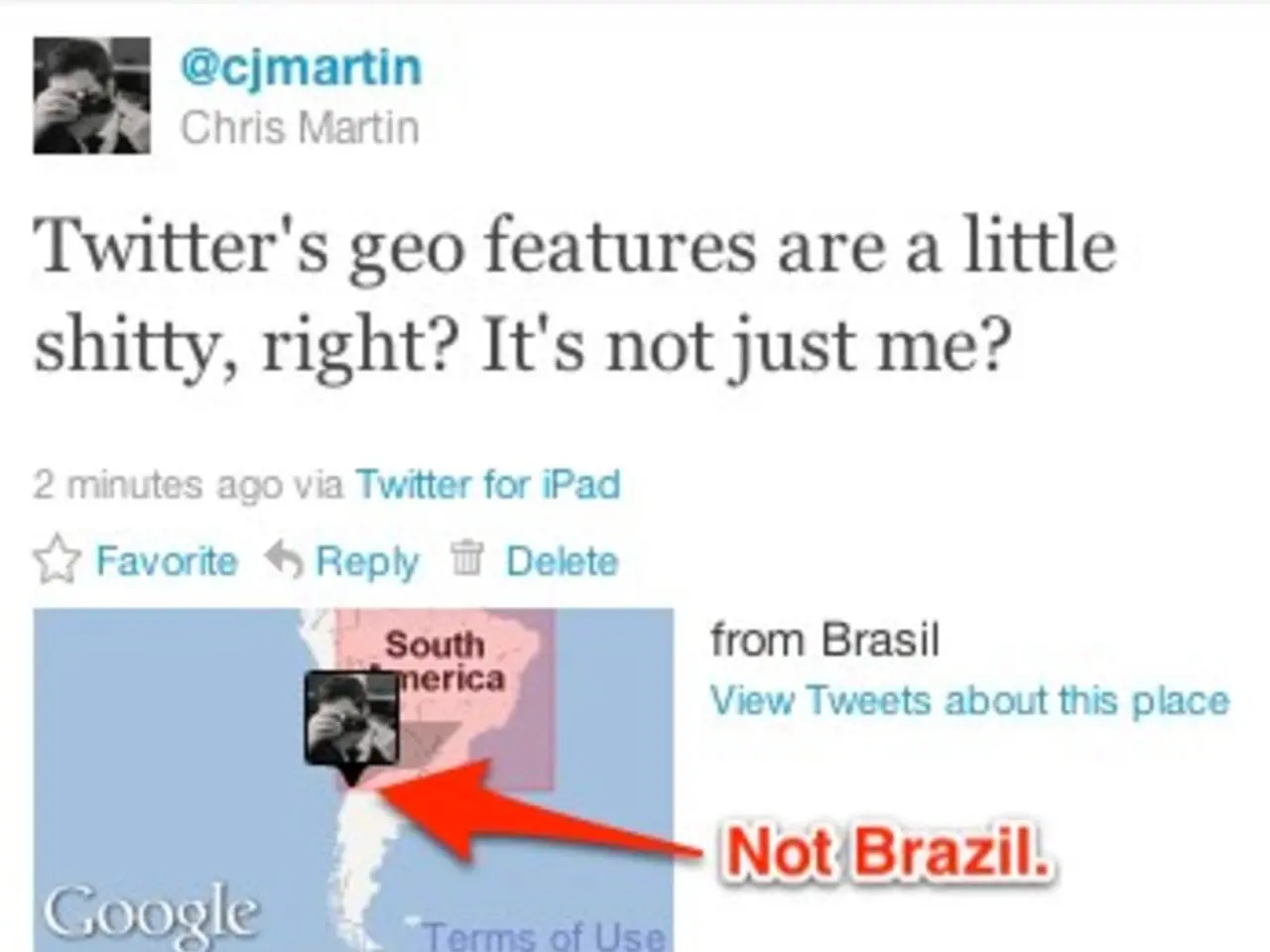Twelve Impressive Concept Map Designs for Personal Customization
Concept maps are versatile graphic organisers that have become an essential tool in various fields, particularly in business. These visual representations help in brainstorming, processing, development, and analysis.
Unique Features of Concept Maps
Concept maps differ from mind maps in structure, purpose, and complexity. While mind maps are radial and start with a single central idea, concept maps are hierarchical and networked, showing multiple interrelated concepts connected by labeled relationships.
One of the key differences lies in their purpose. Mind maps are primarily used for brainstorming and rapid idea organisation, while concept maps are designed for detailed understanding, analysis, and knowledge representation. They focus on illustrating logical, verifiable relationships between multiple concepts.
In terms of complexity, mind maps have a simple, low difficulty level, focusing on organising ideas around one core topic with flexible links. On the other hand, concept maps have a higher difficulty level, featuring multiple child-parent structures and rigorous logical connections, organising data in a more structured and formal way.
Types of Concept Maps
There are four types of content maps: spider, hierarchy, flowchart, and system. Each type serves a unique purpose. For instance, hierarchy concept maps express the hierarchical structure visually, with the main concept at the top and sub-concepts branching downward in consecutive levels.
The platform offers 12 professionally designed concept map templates, including a Marketing Strategy Concept Map Template, Risk Management Concept Map Template, Human Resources Concept Map Template, Organizational Behavioural Concept Map Template, Nursing Concept Map Template, AI Concept Map Whiteboard Template, Omnichannel Marketing Concept Map Whiteboard Template, Company Values Concept Map Whiteboard Template, Library Management System Concept Map Template, B2B Negotiation Flowchart Concept Map Template, Hierarchy Flowchart Concept Map, and Network Diagram Concept Map.
Applications of Concept Maps in Business
Concept maps can be used in a variety of business applications, such as product development, creativity department ideation, and content team strategy building. They can lead seamlessly into a plan, strategy, and roadmap.
Moreover, concept maps can be collaborative tools for teams to conceptualise topics together. For example, the Company Values Concept Map Whiteboard Template is a collaborative tool for teams to conceptualise topics together.
In conclusion, concept maps offer a powerful way to visualise complex ideas, organise data, and facilitate collaboration. Whether you're brainstorming a new marketing strategy, mapping out a complex system, or teaching a complex topic, concept maps provide a valuable tool for achieving your goals.
References: [1] Novak, J. D., & Gowin, D. B. (1984). Learning, creating, and using concept maps. Educational Technology, 24(3), 6-15. [2] Ayres, P. (2006). Concept mapping: A tutorial on its history, theory, and applications. Journal of Educational Technology Development and Exchange, 3(1), 1-22. [3] Duffy, T. M., & Cunningham, L. A. (2003). Concept mapping: A tool for promoting higher-order thinking. Contemporary Issues in Technology and Teacher Education, 3(4), 303-319.
Visual content in the form of concept maps can help businesses illustrate logical, verifiable relationships between multiple concepts, facilitating detailed understanding, analysis, and knowledge representation, a stark contrast to the brainstorming purpose of mind maps. The platform provides twelve professionally designed concept map templates, catering to diverse business applications such as product development, creativity department ideation, and content team strategy building. Collaborative tools like the Company Values Concept Map Whiteboard Template leverage concept maps to enable team members to conceptualise topics together, fostering seamless transition into plans, strategies, and roadmaps.




